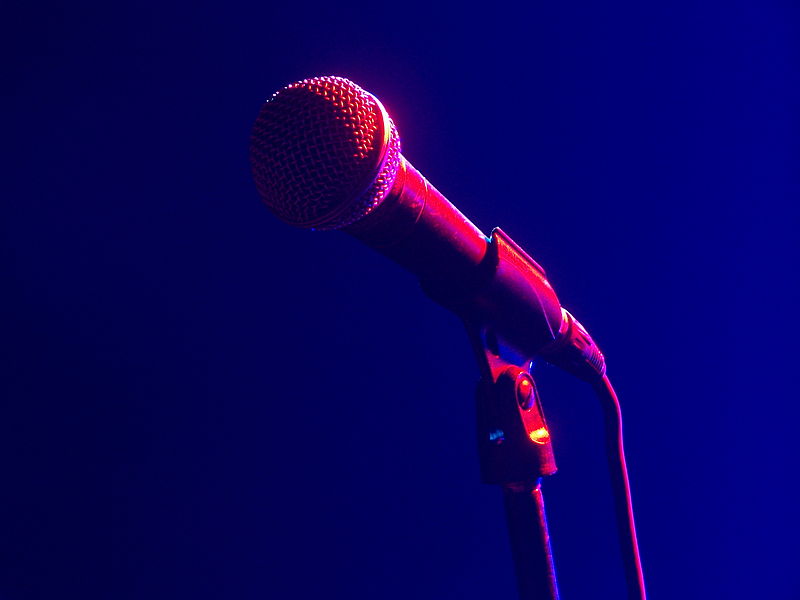You’re Cancelled! Talking Comedy in a Rapidly Changing Culture
Dave Chappelle’s Netflix comedy special has caused controversy for it’s critique on so-called “cancel culture.” A New Republic writer and listeners disagree on what it means.

Is “cancel culture” — the notion that individuals who make distasteful and sometimes racist or misogynistic remarks should not be given a platform — hindering stand-up comedy?
Dave Chappelle’s new Netflix comedy special, “Sticks and Stones,” has caused controversy due to the comedian’s mocking of alleged child victims of Michael Jackson. In it, Chappelle also explicitly critiques those who call out public officials and celebrities for insensitive words or actions carried out months, years or sometimes decades ago.
And on Saturday Night Live, the recent hiring and quick firing of comedian Shane Gillis for racist and bigoted jokes he made on a podcast has angered fans and critics of the show alike.
“If your point is that you’re just trying to make people mad, and that’s it, I don’t think that’s comedy.” – Osita Nwanevu, writer
Osita Nwanevu, a writer for the New Republic, came on Detroit Today with Stephen Henderson to discuss a recent piece he wrote about the changing landscape of what is socially acceptable and what will likely get you ‘cancelled.’
“If your point is that you’re just trying to make people mad, and that’s it, I don’t think that’s comedy,” says Nwanevu. When discussing the intersection of political and social change, Nwanevu says cultural and comedic commentary “is something that feeds into the political climate we’re in, it’s something that I think down the road creates very real policy change.”
